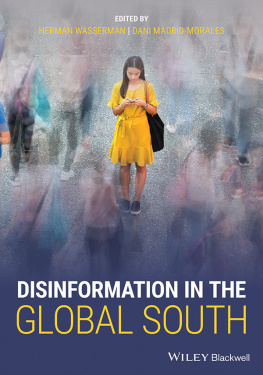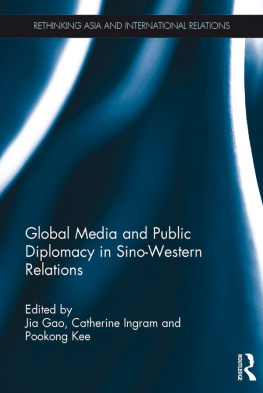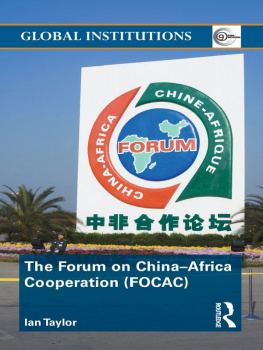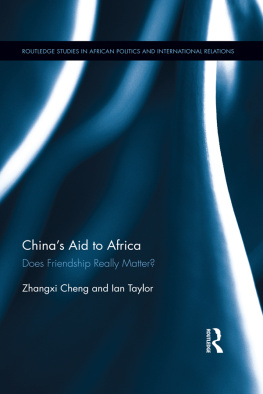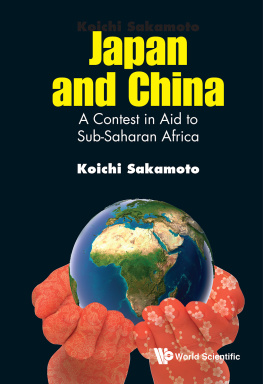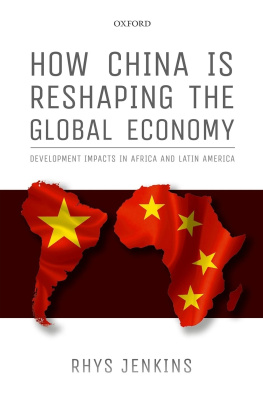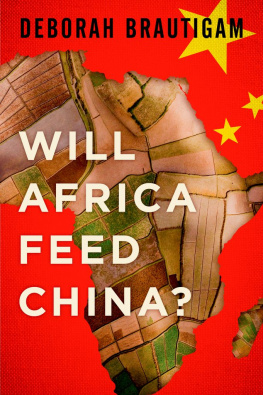Reporting China in Africa
This book discusses the growing media engagement between China and Africa from the point of view of both these regions. The rapid increase in Sino-African contact has led to many controversies and debates in the media, often represented in simplistic terms and stereotypes that call for more in-depth scholarly analysis. Not only has the relationship between Africa and China made headlines in the media, but the media itself has also become increasingly central in the exchanges of capital and human resources between these two regions. The media has also become the terrain where Chinas new foreign policy takes shape in the form of soft power. This volume brings together authors from Africa, China, the US, UK and Europe to provide analysis, comment and empirical evidence to deepen our understanding of how the geopolitical shift towards the emerging regions of China and Africa are playing out on media terrain. The implications for transnational flows of media capital and content on journalistic approaches, press freedom and normative frameworks are discussed, as well as how African journalists have responded to these changes. The result is a collection of perspectives that refuses simplistic conclusions about what the growing engagement between China and Africa might mean, but presents a range of arguments informed by scholarly research.
This book was originally published as a special issue of Ecquid Novi: African Journalism Studies.
Herman Wasserman is Professor and Director of the Centre for Film and Media Studies, University of Cape Town, South Africa. He has published widely on media in post-apartheid South Africa and edits the journal Ecquid Novi: African Journalism Studies.
First published 2015
by Routledge
2 Park Square, Milton Park, Abingdon, Oxon, OX14 4RN, UK
and by Routledge
711 Third Avenue, New York, NY 10017, USA
Routledge is an imprint of the Taylor & Francis Group, an informa business
2015 iMasa
All rights reserved. No part of this book may be reprinted or reproduced or utilised in any form or by any electronic, mechanical, or other means, now known or hereafter invented, including photocopying and recording, or in any information storage or retrieval system, without permission in writing from the publishers.
Trademark notice: Product or corporate names may be trademarks or registered trademarks, and are used only for identifi cation and explanation without intent to infringe.
British Library Cataloguing in Publication Data
A catalogue record for this book is available from the British Library
ISBN 13: 978-1-138-82271-9
Typeset in Times New Roman
by Refi neCatch Limited, Bungay, Suffolk
Publishers Note
The publisher accepts responsibility for any inconsistencies that may have arisen during the conversion of this book from journal articles to book chapters, namely the possible inclusion of journal terminology.
Disclaimer
Every effort has been made to contact copyright holders for their permission to reprint material in this book. The publishers would be grateful to hear from any copyright holder who is not here acknowledged and will undertake to rectify any errors or omissions in future editions of this book.
The chapters in this book were originally published in Ecquid Novi: African Journalism Studies, volume 34, issue 3 (October 2013). When citing this material, please use the original page numbering for each article, as follows:
Editorial Note: China in Africa: The implications for journalism
Herman Wasserman
Ecquid Novi: African Journalism Studies, volume 34, issue 3 (October 2013) pp. 15
Cultural flows in the Chinese empire: The case of Africa
Gabril J. Botma
Ecquid Novi: African Journalism Studies, volume 34, issue 3 (October 2013) pp. 624
China as a persuader: CCTV Africas first steps in the African mediasphere
Iginio Gagliardone
Ecquid Novi: African Journalism Studies, volume 34, issue 3 (October 2013) pp. 2540
Contemporary Sino-African relations: Interpenetration of history of relations with the West, ideology and comparative media frames
Anthony Olorunnisola and Lian Ma
Ecquid Novi: African Journalism Studies, volume 34, issue 3 (October 2013) pp. 4161
Emerging trends and patterns in ChinaAfrica media dynamics: A discussion from an East African perspective
Bob Wekesa
Ecquid Novi: African Journalism Studies, volume 34, issue 3 (October 2013) pp. 6278
How ready is China for a China-style world order? Chinas state media discourse under construction
Xiaoling Zhang
Ecquid Novi: African Journalism Studies, volume 34, issue 3 (October 2013) pp. 79101
Half-orchestrated, half freestyle: Soft power and reporting Africa in China
Shubo Li and Helge Rnning
Ecquid Novi: African Journalism Studies, volume 34, issue 3 (October 2013) pp. 102124
Africa, the village belle: From crisis to opportunity
Francis B. Nyamnjoh
Ecquid Novi: African Journalism Studies, volume 34, issue 3 (October 2013) pp. 125140
Soft power, being attractive to others, and nation branding in an epoch where the Pax Americana sets the pace
P. Eric Louw
Ecquid Novi: African Journalism Studies, volume 34, issue 3 (October 2013) pp. 141148
Chinas soft diplomacy in Africa
Anton Harber
Ecquid Novi: African Journalism Studies, volume 34, issue 3 (October 2013) pp. 149151
The Chinese in Africa/Africans in China Research Network: Refl ections on the role of such networks in ChinaAfrica reporting
Yoon Jung Park
Ecquid Novi: African Journalism Studies, volume 34, issue 3 (October 2013) pp. 152154
Tracking the effects of a soft power strategy on journalism in China
Alan Finlay
Ecquid Novi: African Journalism Studies, volume 34, issue 3 (October 2013) pp. 155160
Please direct any queries you may have about the citations to
clsuk.permissions@cengage.com
Dr. Gabril J. Botma is the Chair of the Journalism Department at Stellenbosch University, South Africa. He is the publisher of the online academic journal Global Media Journal African Edition.
Alan Finlay is a Research Associate at the University of the Witwatersrand, South Africa.
Iginio Gagliardone is British Academy Research Fellow and member of the programme in Comparative Media Law and Policy at the University of Oxford, UK. He is also a Research Associate at the Centre of Governance and Human Rights at the University of Cambridge, UK, and at the Centre for Global Communication Studies, Annenberg School of Communi-cation, University of Pennsylvania, USA.
Anton Harber is Caxton Professor of Journalism at the University of the Witwatersrand, South Africa, former editor of the


